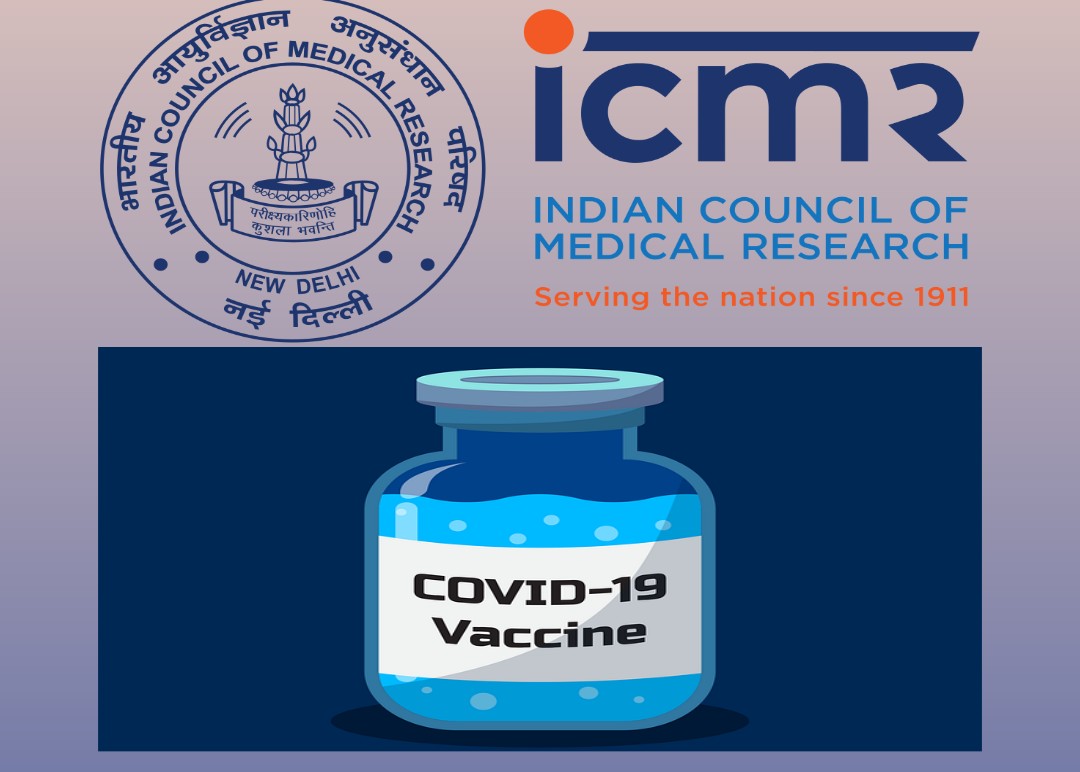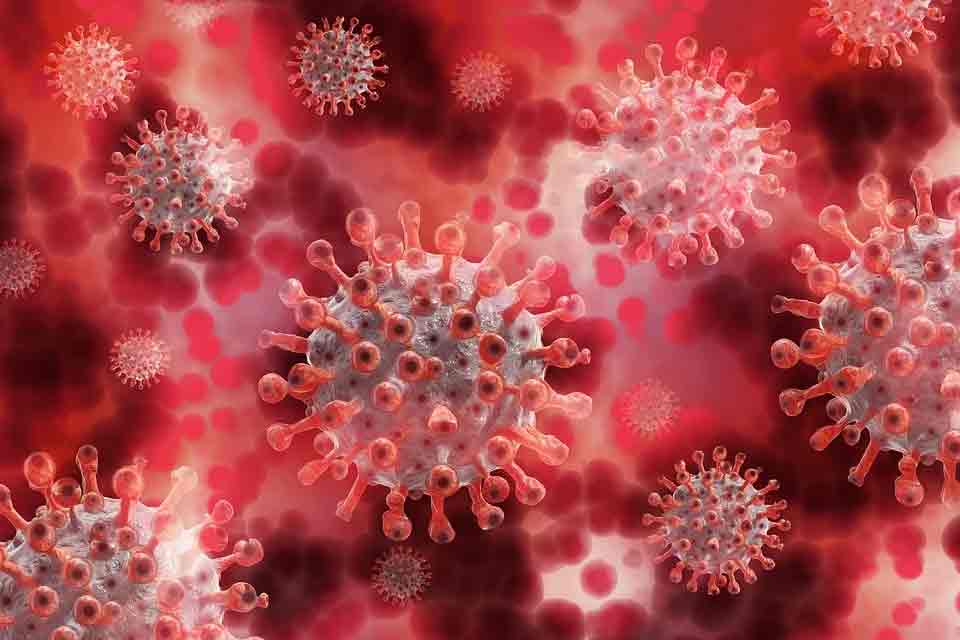Scientific fraternity has reacted sharply and termed it absurd and risky after the Indian Council of Medical Research (ICMR) made claim that it envisaged the “launch” of a Covid vaccine for “public health use latest by August 15”.
Importantly, the August 15 deadline flies in the face of publicly announced timelines for the possible readiness of this vaccine, including the vaccine developer’s own estimate and the timeline provided to the regulatory body, Drug Controller General of India.
Even AIIMS Director Randeep Guleria, the head of the clinical research group of the national task force on COVID-19, seemed surprised.
“It will be a very challenging and difficult task, considering that we have to look at both efficacy and safety of any vaccine that is introduced. Also, if we get the desired results, the other challenge is the process of mass production of the vaccine,” Guleria said.
Shaheed Jameel, a well-known virologist and chief executive of the Wellcome Trust-DBT Alliance that funds health research in India said August 15 timeline was “ridiculous”.
“I fear the global scientific community would be laughing at us for this. It should not have happened. India is a serious player in science. Who is going to trust us if we behave like this? Who is going to believe us even if we indeed come up with a good vaccine tomorrow?… And I am appalled at the kind of language used in the letter. It is not a letter, it reads like a threat,” Jameel said.
The August 15 timeline is mentioned in a letter that ICMR director general Balram Bhargava wrote to the 12 hospitals selected for carrying out clinical trials of Covaxin, a candidate vaccine developed by Bharat Biotech, a Hyderabad-based pharmaceutical company, in partnership with Pune-based National Institute of Virology, an ICMR laboratory.
The letter, dated July 2, has created a furore because of the unrealistic timeline, and the language used.
“It is envisaged to launch the vaccine for public health use latest by August 15, 2020 after completion of all clinical trials… You are strictly advised to fast-track all approvals related to initiation of the clinical trial, and ensure that the subject enrolment is initiated no later than July 7, 2020,” Bhargava said in the letter, before sounding a warning. “Kindly note that non-compliance will be viewed very seriously.”
The approval for clinical trials had been given on June 29, and no one, not even the company itself, believes that the vaccine will be ready by August 15.
In a background note circulated the day it received approval for clinical trials, vaccine developer Bharat Biotech said that the results of Phase I and Phase II trials would be out only by October.
“Based on the success results of Phase I and Phase II, which would be out by October 2020, we will progress to the larger clinical trials. Thereafter, the licensure timelines will be set out upon receiving regulatory approvals,” the company had said.
The “larger clinical trials” refers to Phase III trials. As of now, the company has been cleared only for the first two phases.
Phase I trials are meant to check the safety of the vaccine in the body and are usually carried out on a few dozen volunteers. These take a few months. In Phase II, scientists check whether the vaccine is able to trigger the desired immune response. Several hundred volunteers are required for these and this could take up to several months.
In fact, according to information posted in the Clinical Trials Registry, the official online depository of all clinical trials in the country, the duration of Covaxine is mentioned as 15 months.
This entry in the registry was last edited on Thursday. It said that the evaluation of the trials would be done on Day 14, Day 28, Day 104 and Day 194 for the two phases.
In addition, Phase I and Phase II trials are yet to be approved by the institutional ethics committees of six of the 12 selected hospitals, a mandatory requirement before the trial can begin.
The six hospitals approved are relatively lesser known hospitals in Goa, Gorakhpur, Belgavi, Rohtak and Kanpur. Those who are yet to get their institutional approval include AIIMS Delhi and AIIMS Patna.











